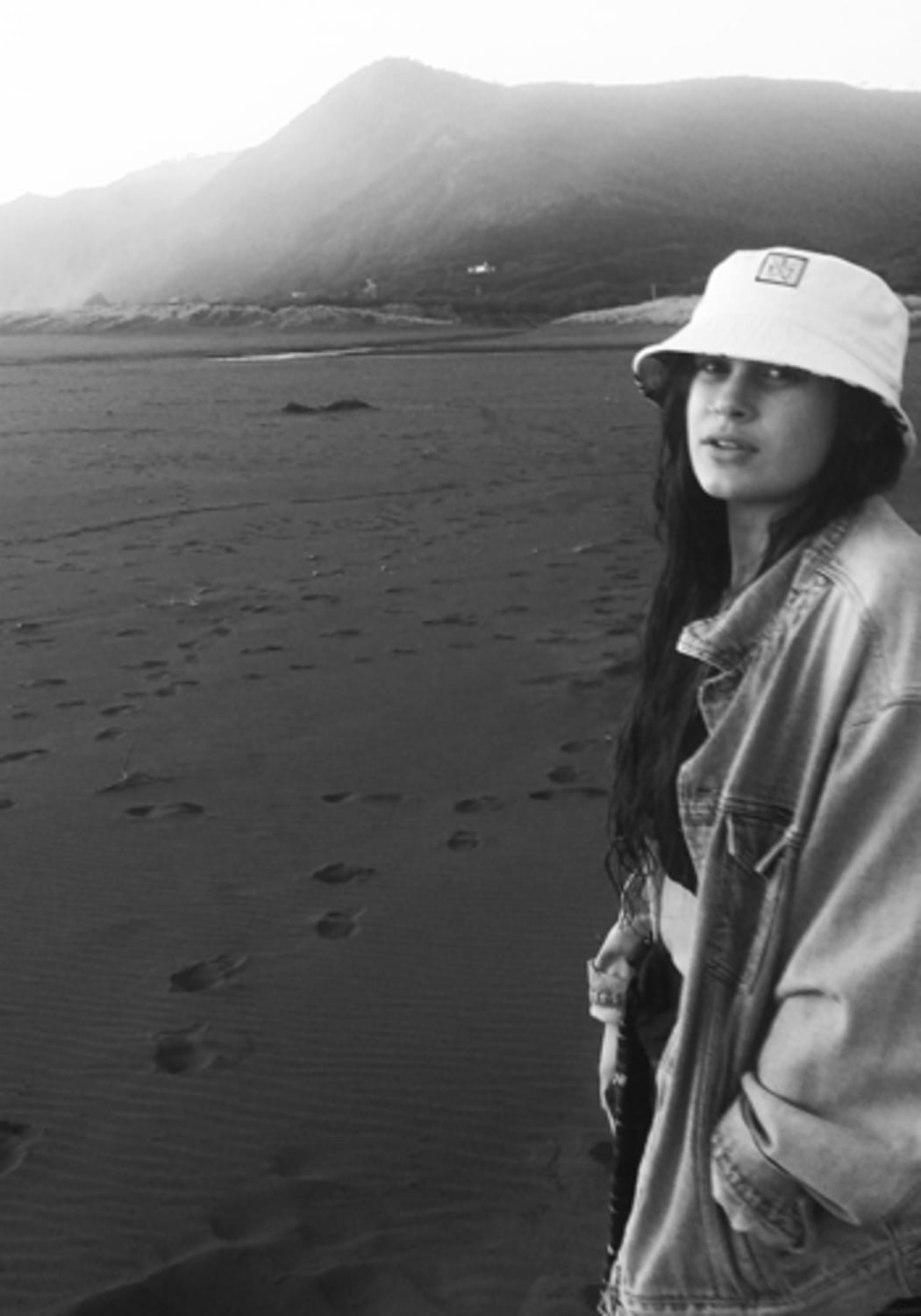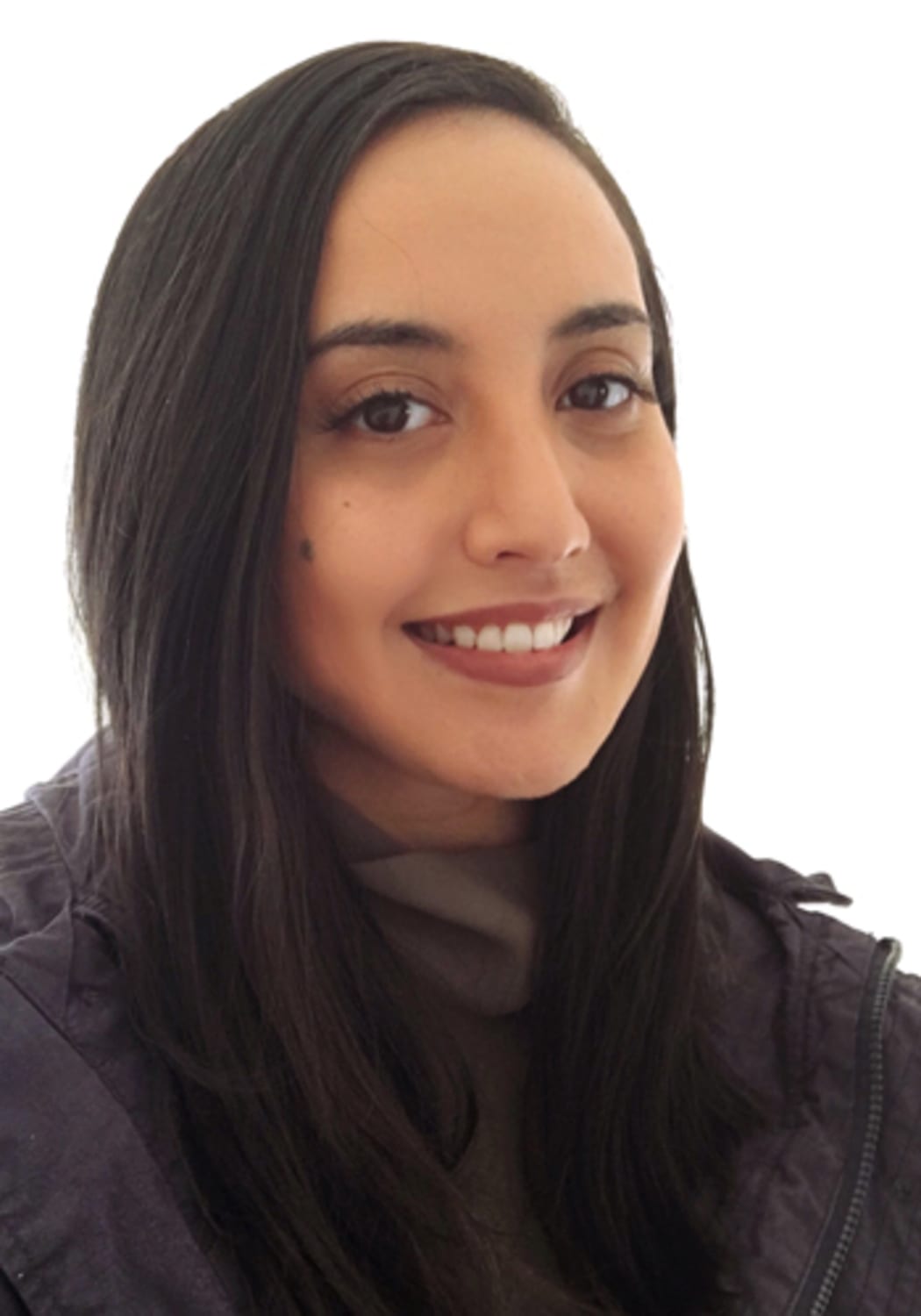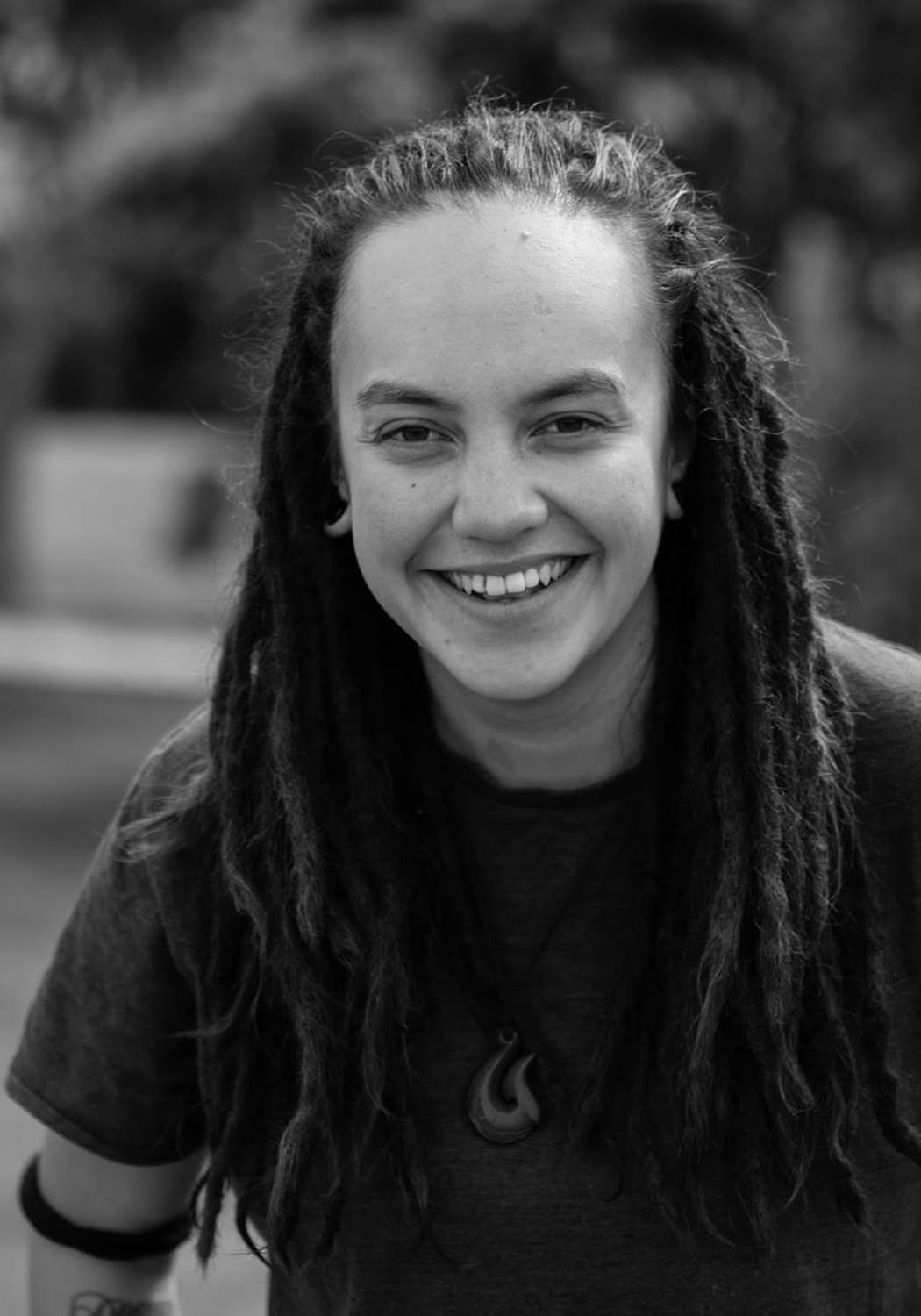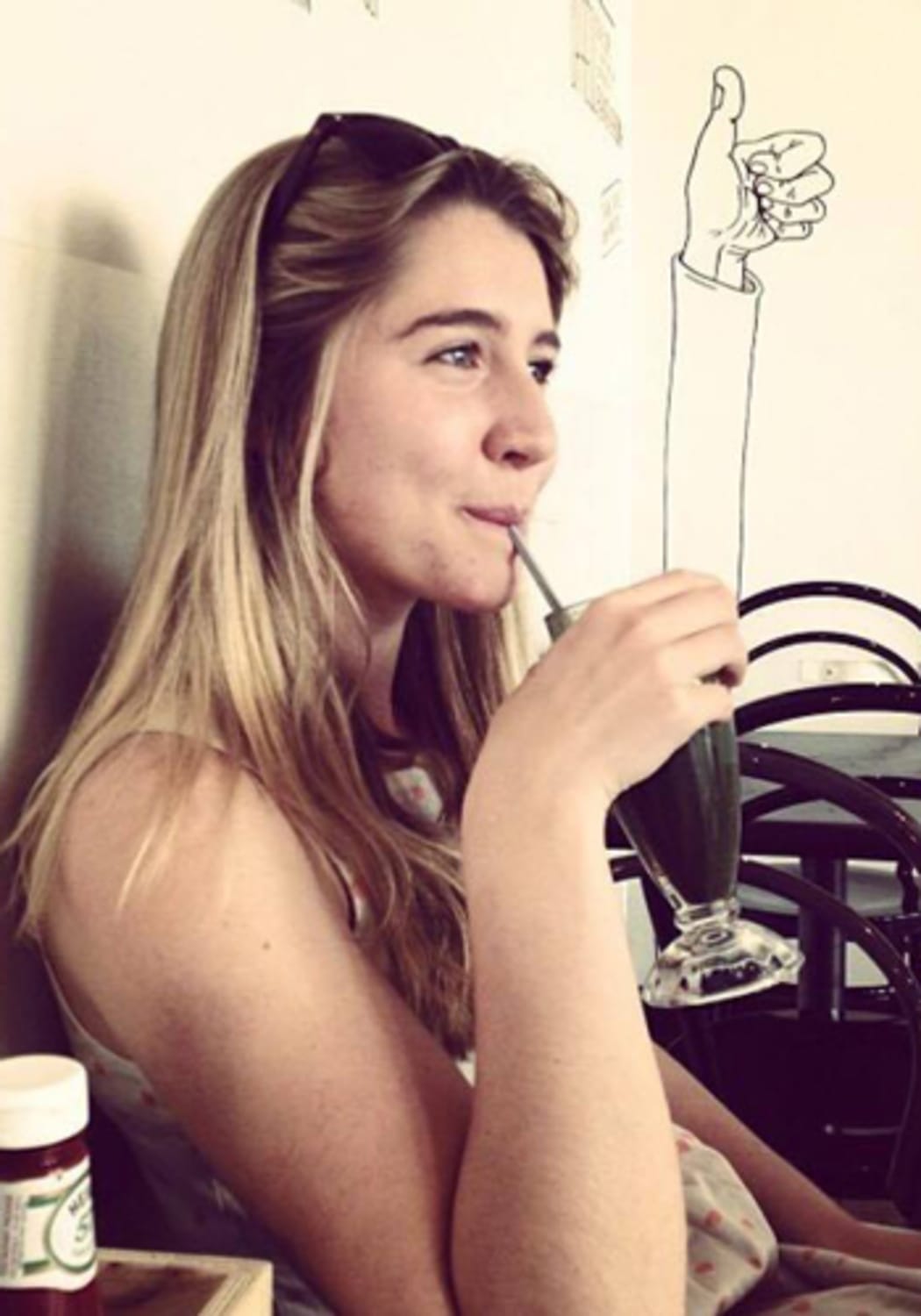To mark Suffrage Day, we asked four amazing women to write a few words 123 years on from winning the right to vote.
Call me wahine - Māni Dunlop
Wāhine – I love this word, and my love for it grows and grows as I continue to learn different kōrero around its definition. That’s the beauty of Te Reo Māori, the holistic nature that kupu (words) can be defined in so many different ways. My favourite pastime lately has been breaking up words to go deep into their meaning, because one word can hold so many stories and much knowledge.

Māni Dunlop Photo: Unknown
A kōrero I was told recently of wāhine, is the idea of “hi” meaning to align/draw or raise up/catch and “ne” being knowledge and wā being space/time … oh the possibilities of interpreting that! The way I absorb it is that wāhine are the alignment and holders of knowledge – I could write forever unpacking that kupu but I’ll let you do that in your own time. It’s important to disclose that I am not a fluent speaker of Te Reo, nor do I speak for all wāhine Māori around how I interpret the word, and there are many different ways you can look at or define it, this is one which strongly resonated with me.
I remember learning about Suffrage Day at school, but I don’t remember ever seeing or hearing about wāhine Māori in the narratives and representations I was taught. Wāhine Māori were very much part of the suffrage movement. In May 1893, Meri Te Tai Mangakāhia, addressed the lower house of the Te Kotahitanga Parliament (Māori Parliament) – being the first recorded woman to do so – she not only requested wāhine Māori be given the vote, but went further than the contemporary aim of the European suffrage movement, and asked they also be able to sit in the Māori parliament. She was one of other influential wāhine also part of the suffrage movement.
I am incredibly grateful that I grew up with very strong and ataahua wāhine, who all embody manaakitanga and aroha and all the other good adjectives you can think of. My mum, my aunties, my nanas, my sister and my cousins are all significant pillars in my life. These days I continue to be surrounded by friends and colleagues who also embody all of the above. All of who nourish and sustain me with their love and amazingness.
The more I read and think about it - and without delving into the world of etymology - the word woman has never sat well with me, to me it’s entrenched in imperialism and British law, that a woman is only an extension of a man and its origin comes from the word wife. Some may argue that over the years (and with the feminist movement) the word has evolved into its own. However, wāhine and how I define it through my own eyes is a better reflection of all of the wāhine around me. So on this historic day my mind is cast back to all our tūpuna (ancestors) who have paved the way for us and who make me immensely proud of my heritage. So, please, call me wahine.
- Māni Dunlop (Ngāpuhi) is a journalist and Postgraduate (Master’s) Fellow at Unitec's Department of Communications.
***
A cobalt blue mu’umu’mu - Leah Damm
A few weeks ago, I scrolled my Instagram feed and with a quick upwards swipe of my thumb Parris Goebbel appeared on my screen. Shoulders squared and hand on hip. It was an image of Parris’ red carpet dress at the MTV VMA’s. She wore a figure-hugging cobalt blue dress – a mu’umu’mu; an

Leah Damm Photo: Unknown
unmistakably Polynesian dress. On a world-stage shared with the world’s most visible people, there she was. Brown skinned and full-figured, wearing an homage to a garment that my nana, my aunties and I myself had worn and still wear in some form for special occasions.
Some thought it was ugly – a mess. For me, it wasn’t about whether it was a fashionable dress. When I saw that dress, I saw a political statement. It was refreshing; a brief reprieve from the confronting imagery of my demographic, women of my likeness, as the face of some of New Zealand’s grimmest social statistics; poverty, homelessness, violence.
That dress mattered in a way that even some Polynesian men might not understand. The opinion of non-Polynesians that the dress was inferior struck deep and true as a reminder of something much deeper than a dress. It was an echo of how women of colour – our cultures, our languages, our “foreign” looks – are regularly positioned in every facet of the Western world, especially in the world of fashion and beauty.
It probably seems silly to feel defensive of a dress. It probably sounds like I believe that as a “cultural” garment, it should be exempt from critique from anyone who isn’t Polynesian. That’s exactly what I believe. Women of colour have been fair game to centuries of colonial beauty “critiques” that have done nothing but denigrated and excluded us, often referring to our customs and attire as primitive and a source of mockery. The defensiveness over something as frivolous as a dress comes from a very long history of prejudice and attempts to completely erase our culture, our languages, our customs.
So what does this have to do with being a woman? For me and so many others – everything. My womanhood and my brown skin, my Pacific heritage, are inseparable. My brown skin is inseparable from the backhanded compliments I’ve received about how well I speak English, even though it’s the only language I’ve ever spoken. A recent news story about racism among midwives brought back memories of a nurse scoldingly calling me lazy for being in bed, just a few short hours after the birth of my daughter.
These seemingly innocuous things – the dress, off-the-cuff comments – appear easy to brush off. But they’re just the tip of a lifetime of experience, which is a very long time to have to constantly brush off unwittingly racist faux pas. More worryingly, these supposedly harmless stereotypes can (and often do) carry through to bigger issues and people with a lot more power – job interviewers and employers; landlords who decide whether they’ll rent to an applicant with a Polynesian name; the people who oversee and operate our criminal justice system.
So to understand what it’s like for me to be a woman in 2016, is to understand what it’s like to be a woman of colour in 2016, and as women of colour our glass ceiling is doubly thick – we are breaking through racism and sexism wherever we succeed. And sometimes our victories look like a full-figured, cobalt blue mu’umu’u.
- Leah Damm is a writer, mum and sociology major.
***
The future is better than you think - Laura O’Connell Rapira
A quick scroll through Facebook’s news feed lets us know the score: Dark days ahead. Economic meltdowns, water and food shortages, rising fascism - the list goes on.
But there is a very different story worth telling. And to understand it, I’m going to ask you to imagine that I am a 27-year-old Māori girl (I am) and we’re living in 1916.
I was born in 1888. I have six brothers and sisters, but four others are dead.

Laura O’Connell Rapira Photo: Supplied
Fifty percent of Māori girls like me die before they turn seven, so I know I’m lucky to even be alive. The average life expectancy for Māori is 30 for men and 35 for women. It’s around 60 - 65 if you’re Pākēha. I lost both my parents to bronchitis and tuberculosis.
I went to school for five years between the ages of seven and 13. Like a lot of girls my age I didn’t continue school past then. Parents were keen to put us kids to work to help make ends meet. Besides, secondary school was mostly for wealthy white kids whose family could afford it, and even then it was mostly for boys.
I was taught only in English and speaking Māori was not allowed. I’ve heard lots of stories about kids getting beaten if they spoke Māori in school. Some of the people in our community think there is a strategy to rid us of the language and culture.
I don’t have kids yet, but I feel it’s my duty because the Māori population has been in decline (by about 50 percent) since the Pākēha came. The trouble is, I’m actually attracted to women. I’ll never act on those feelings though. It’s not illegal for two women to have sex or be in love, but it is for men and that makes me afraid. Thirty years ago, men would get the death penalty for being gay. Nowadays, it’s just flogging, whipping and hard labour.
There has been some positive social progress during my life. When I was five years old, the suffrage movement won me the right to vote. Although women aren’t allowed to run for Parliament.
Looking beyond New Zealand’s shores, more than 60 percent of the world’s population live in extreme poverty. It’s not a peaceful time to be alive either. The government has just made a law that all men aged between 17 and 60 have to register to fight in the war. Globally, there are more people dying in war today than almost any other time in recorded history. I’m worried about what this means for my brother and cousins.
This is a real-life description of what life would have been like for me if I was born 100 years ago. Sometimes I wish I could travel back in time to tell the 100-years-ago me that further down the centuries things would start to look alright .
She’d probably be sad that my whānau can’t speak Māori - but she’d be pleased to know that at schools all around the country kids of all ethnicities sing songs loud and proud in te reo. I’d tell her about how my high school (Green Bay wot!) taught me in English but also had a marae and kōhanga reo (immersion Māori kindergarten) on site. I’d tell her that for the past 10 weeks I’ve been doing a free te reo Māori course at the Unitec up the road to relearn our language. She’d be surprised to learn that Māori is now recognised as an official language alongside English and New Zealand Sign Language. She’d love that we have Māori television and that when we sing the national anthem we do it in Māori and English. She’d be proud that the haka is renowned and revered around the world.
I’d tell her I have a girlfriend and that it’s legal for us to get married. I’d tell her that men can marry men and that when they leave our shores to go and fight in a war - it’s by choice, not conscription.
I’d tell her that today less than 12 percent of the world’s population live in extreme poverty. I’d tell her that there is less conflict and war in the world today than ever before. I’d tell her that there is less global famine and hunger. I’d tell her that - over the last century - child and maternal mortality has decreased by 90 percent while the average human lifespan has doubled. I’d tell her that women today can not only vote - we can govern - and that the Queen is now a black woman named Beyoncé.
It can get hard to see whether or not we’re closing the gap between the world we have now and the world most people everywhere want. But as I look back over the past 100 years, and give thanks to those who came before me for the progress we have made I feel better about the part I get to play in laying down the foundations for the next 100 years of progress to take place. The problems we face are enormous, but the problems they faced 100 years ago were enormous too. It’s about chipping away at change - bit by bit.
The future is ours to create. Let’s make it a good one.
- Laura O’Connell Rapira (Te Ātiawa, Ngāpuhi) is the director of campaigns at ActionStation and co-founder of RockEnrol.
***
Having a toolkit - Olive Brown
I’ve learned that what some may see as “the way things are” are actually social constructs, which can be easily dismantled by the very people who built them: us. For this reason, I have hope that if people can realise that the inequality which currently pervades this country is not inevitable or unchallengeable,

Olive Brown Photo: Unknown
together we can make a change. The greatest hope that I have for my lifetime, is that I may be a part of this change.
As a 16-year-old girl, I was lucky enough to have been empowered with a tool kit through my high school feminist club. This gave me the words and ideas necessary to articulate the inequality I was seeing in my world. New Zealand, and in fact every country in the world, is yet to achieve gender equality. The gender pay gap in New Zealand is 11.8 percent, police are receiving over 200 calls a day related to domestic violence and even those in our most powerful positions continue to perpetuate rape culture, raising the status of the underlying sexist current existing in New Zealand.
The media feeds us images objectifying women, leaves out the voices of women and pits women against each other. A glass ceiling limits the progression of women in the workforce. Having once been fourth in the world for the number of women we have in leadership roles we are now sitting at a shameful 15th. We can do better.
The tangata whenua of this land lived in a world which held men and women as equals prior to the arrival of British settlers and their ideologies. There is a lot which can be learnt from our indigenous Māori culture in this respect and perhaps as we look towards the future, we should turn back to this history.
The opportunity for every New Zealander to reach their full potential regardless of gender, race or class is something I hold dear. Being blind to inequality in an unequal society, as many of our leaders are, does nothing to challenge its very root.
Any dent, big or small, in the statistics I have mentioned above will not be possible unless there is a commitment to the eradication of the unspoken gender biases that currently influence almost every sphere of our society. To do this, we need to be willing to partake in a journey for gender equality in this country.
I want to be a part of this journey.
Young women are becoming aware of the gender inequality present in our society and feel empowered to make a difference. I want to see equal opportunities and representation for females in leadership roles. I want to earn the same as my male counterparts. I want to feel that I can walk safely down my street in the dark. I want those in power to be supportive of issues pertaining to women. I want my daughters, to be empowered, safe and recognised as individuals.
New Zealand was once a world leader, being the first country to give women the vote. I believe we still can be, and I hope that in my lifetime, we can work together to dismantle these oppressive structures, empower women and girls and eradicate the underlying sexist current which is currently alive and kicking in this country.
- Olive Brown is a student at the University of Auckland and former head of the Wellington East Girls' College feminist club FeminEast.

